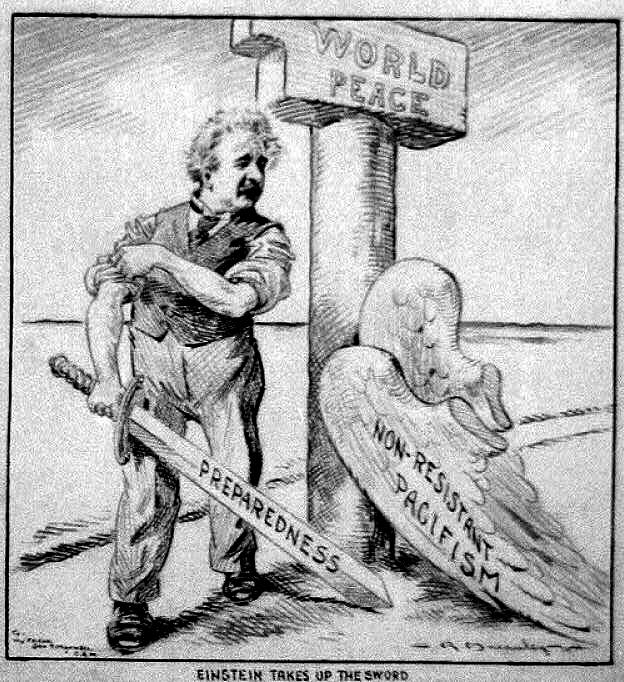yboxman
Banned
Asking for WWII to be delayed with Hitler in power is somewhat ASB. But assume that Mussolini isn't alienated from the West over Abbysinia, or that the French grow a pair and stop the remillitarization of the Rhine, or that Ribbentop and Molotov fail to reach a solid accord, or that Britian demonstrates convincingly that Poland really is a red line or else that it fails to gurantee Poland and forces it to give up the corridor and upper Silesia.
For whatever reason, immediate war is delayed though all sides arm up.
In 1938 German physicists discovered nuclear fission- and communicated this discovery to (mostly) Jewish collegues who had fled the Nazi regime. Those collegues had mostly found asylum in England and communicated the possibilities to whitehall. similiar awareness to the potential occurs in Paris during the phoney war. How long before:
a. each governments become convinced that nuclear physics can actually produce a city killer?
b. each government devotes the necessary resources towards producing it?
c. a functioning device is tested by each side?
d. a strategically relevant stockpile is produced?
Does the U.S join the nuclear race in the absence of open war in Europe? If Germany wins the nuclear race what does it do? If the British wins the nuclear race what does it do?
Now let us suppose that the 1933 crisis in Germany ends in a millitary coup. the New regime is authoritarian, anti-socialist, anti-democratic and mildly anti-semitic but not much more than Dolfuss. No "german physics", no organized street violence against jews, no racial purity laws, and relatively few political refugees who aren't active communists or socialists. Some purging of the universities of soft science (philosophy, history, etc) professors who are considered "unpatriotic" but the hard sciences are left alone. It is also more cautious on foreign policy- it rearms more slowly, and following the remillitarization of the Rhineland it avoids foreign adventures until the fortifications in the West are completed, around 1942.
How much does this delay leakage of the fission discovery to the West? Is a conservative german Junta going to realize the potential of Nuclear weapons more or less than the Nazis? Does such a Junta have a chance of beating the allies to the punch- and if so, how much do they try to get away with and how much will the West, and Stalin, allow them to get away with once Nuclear capacity is demonstrated?
For whatever reason, immediate war is delayed though all sides arm up.
In 1938 German physicists discovered nuclear fission- and communicated this discovery to (mostly) Jewish collegues who had fled the Nazi regime. Those collegues had mostly found asylum in England and communicated the possibilities to whitehall. similiar awareness to the potential occurs in Paris during the phoney war. How long before:
a. each governments become convinced that nuclear physics can actually produce a city killer?
b. each government devotes the necessary resources towards producing it?
c. a functioning device is tested by each side?
d. a strategically relevant stockpile is produced?
Does the U.S join the nuclear race in the absence of open war in Europe? If Germany wins the nuclear race what does it do? If the British wins the nuclear race what does it do?
Now let us suppose that the 1933 crisis in Germany ends in a millitary coup. the New regime is authoritarian, anti-socialist, anti-democratic and mildly anti-semitic but not much more than Dolfuss. No "german physics", no organized street violence against jews, no racial purity laws, and relatively few political refugees who aren't active communists or socialists. Some purging of the universities of soft science (philosophy, history, etc) professors who are considered "unpatriotic" but the hard sciences are left alone. It is also more cautious on foreign policy- it rearms more slowly, and following the remillitarization of the Rhineland it avoids foreign adventures until the fortifications in the West are completed, around 1942.
How much does this delay leakage of the fission discovery to the West? Is a conservative german Junta going to realize the potential of Nuclear weapons more or less than the Nazis? Does such a Junta have a chance of beating the allies to the punch- and if so, how much do they try to get away with and how much will the West, and Stalin, allow them to get away with once Nuclear capacity is demonstrated?
